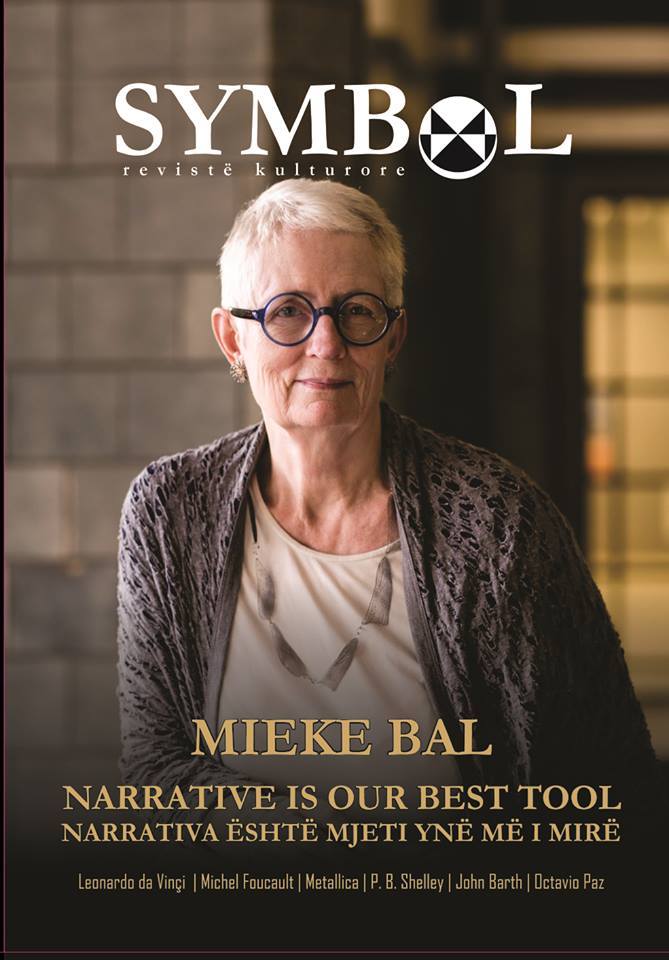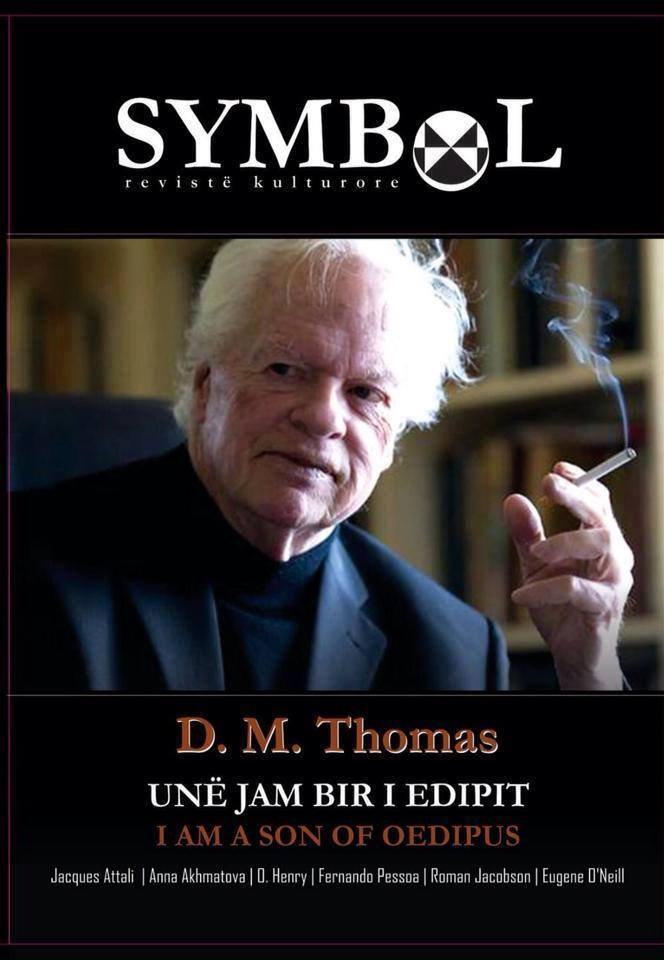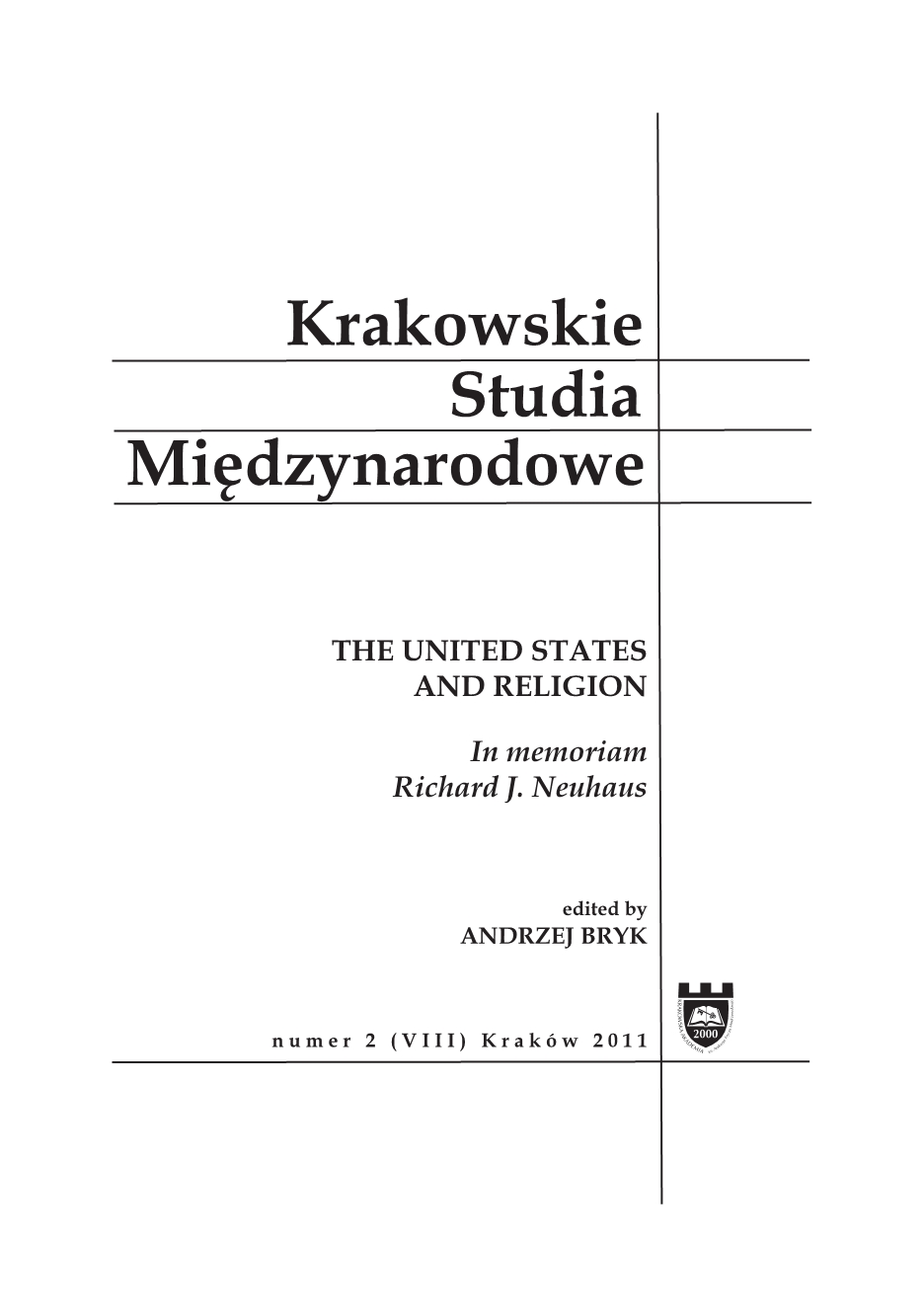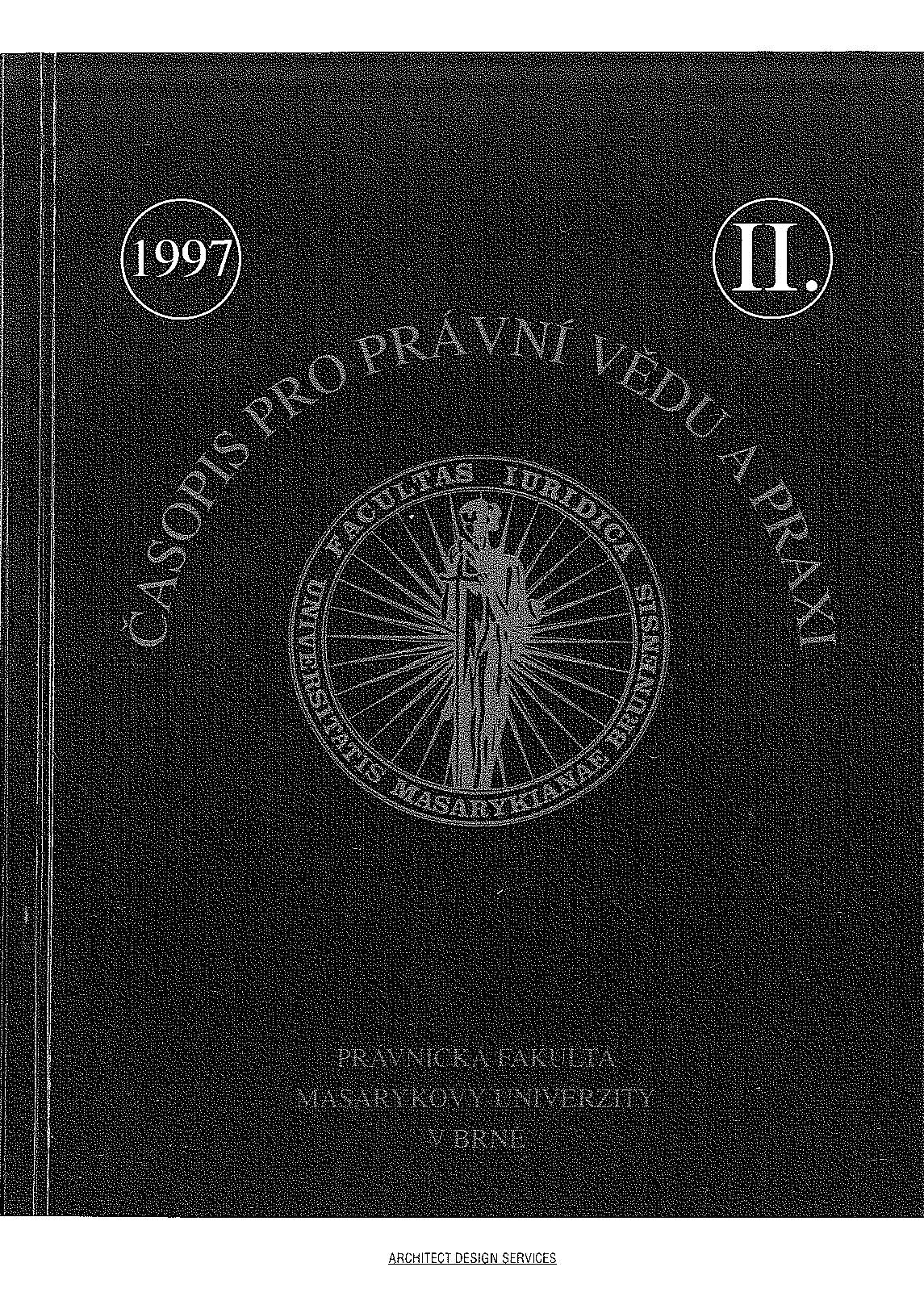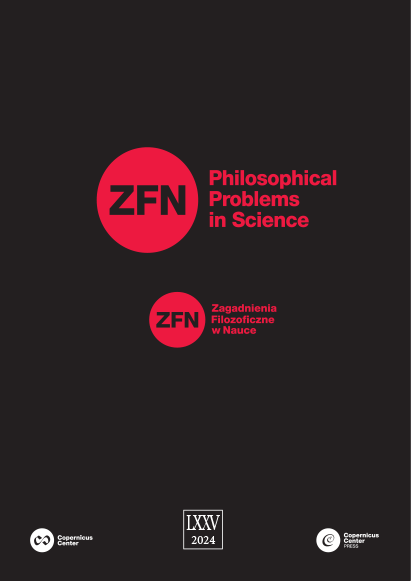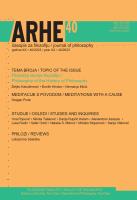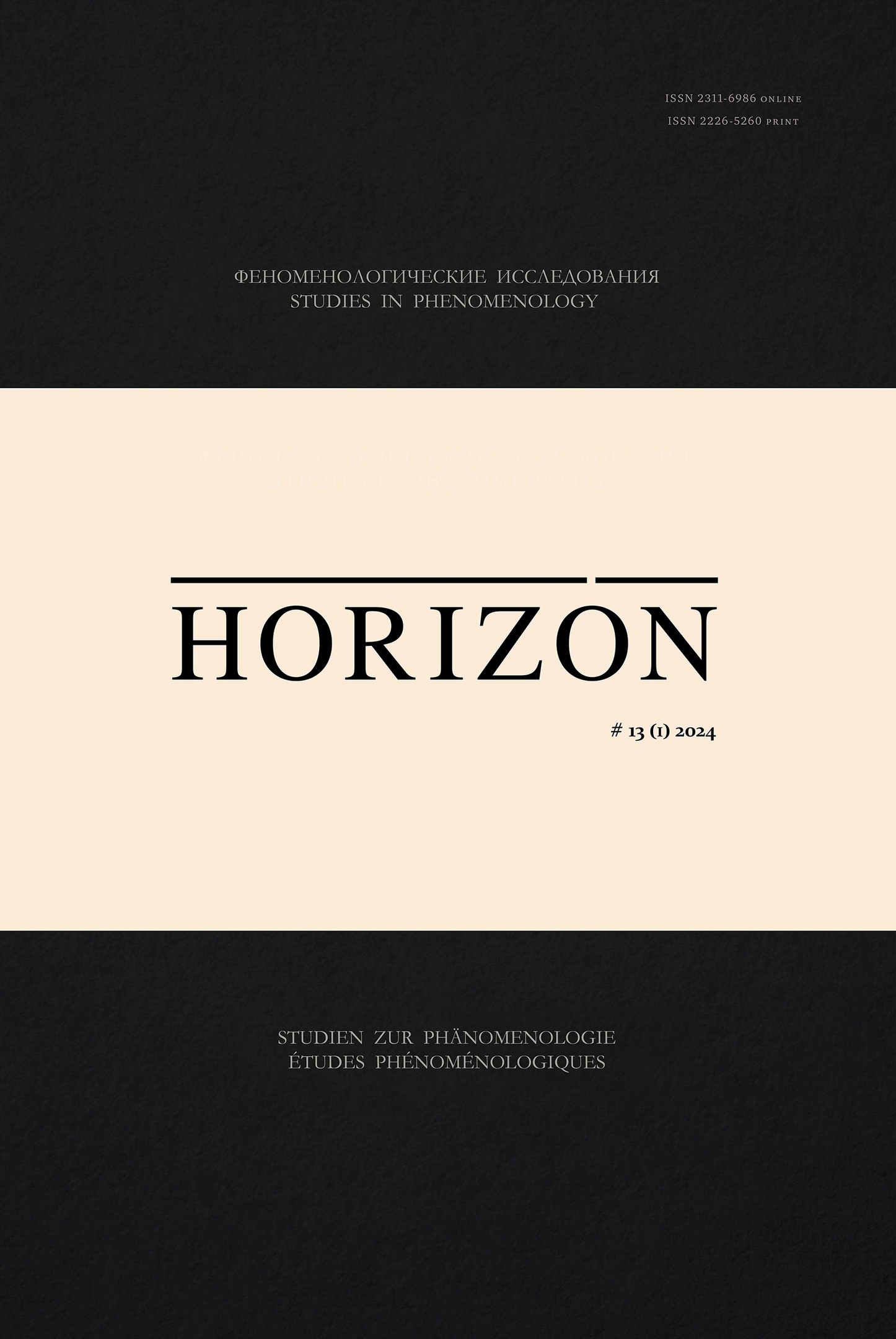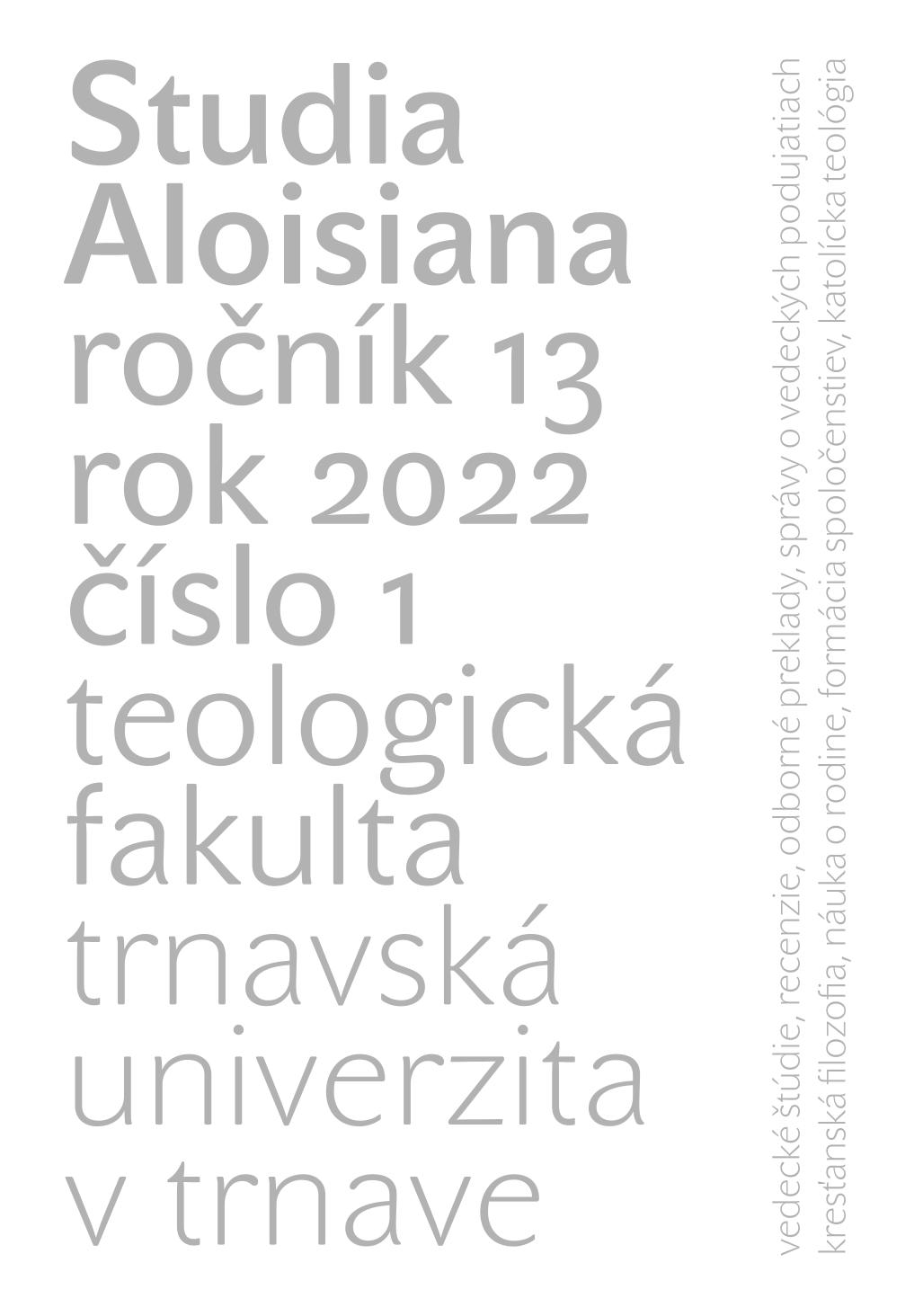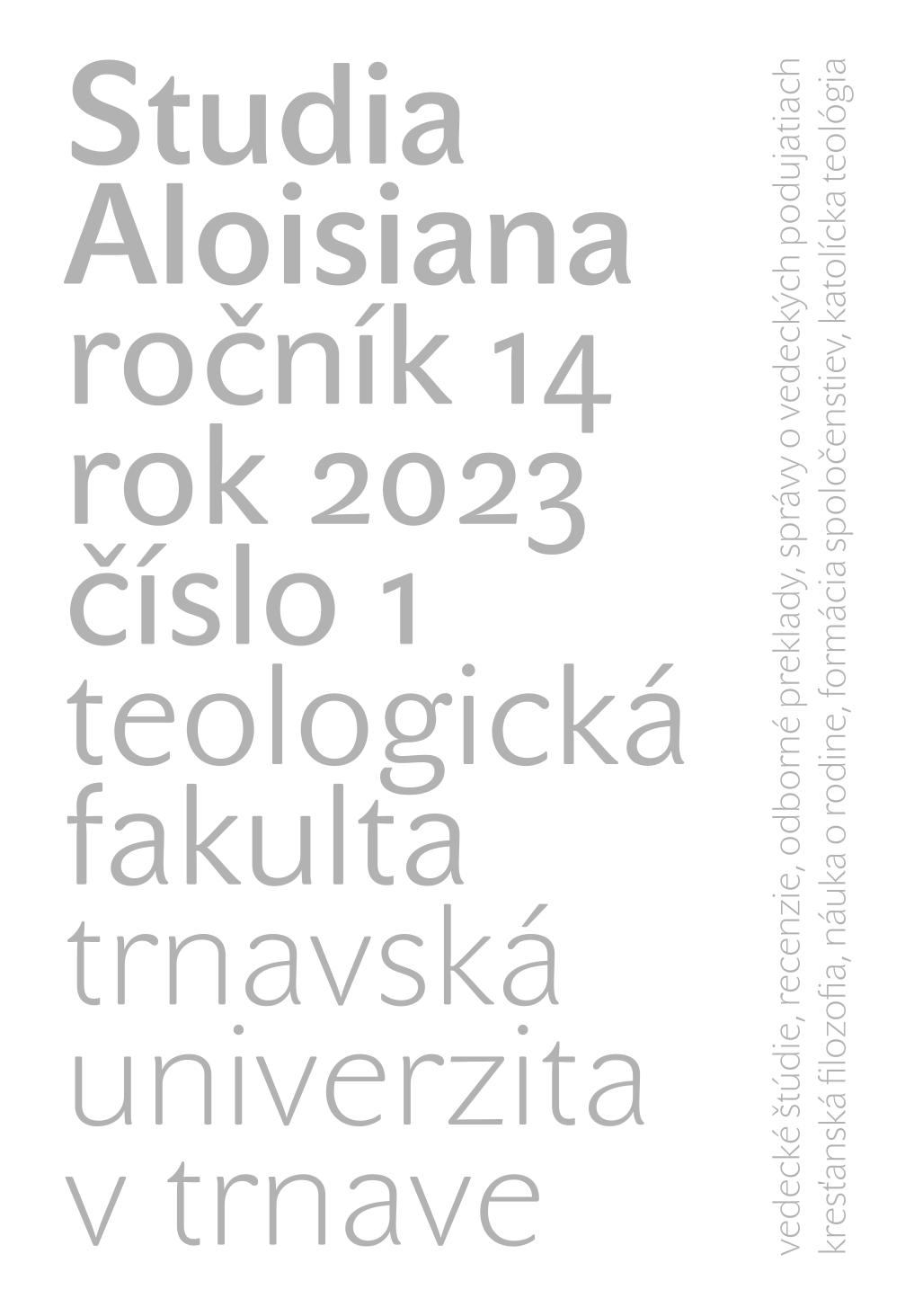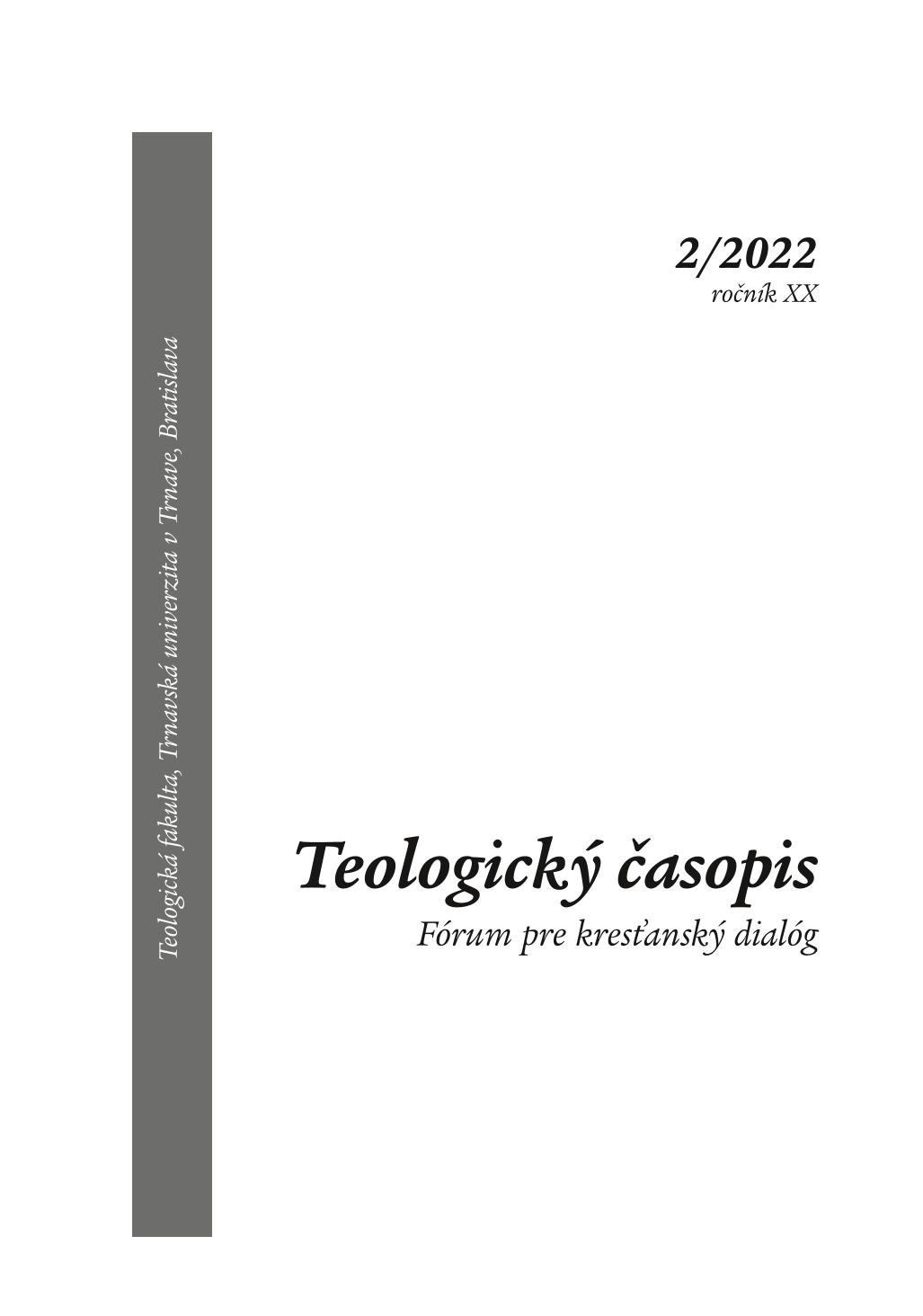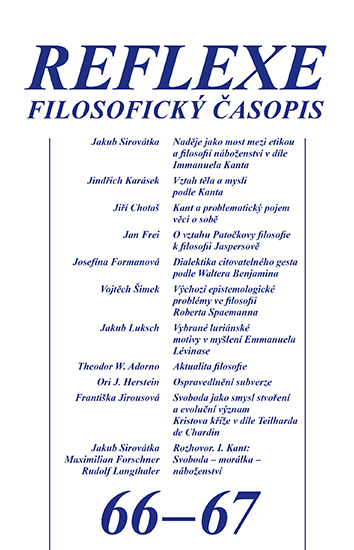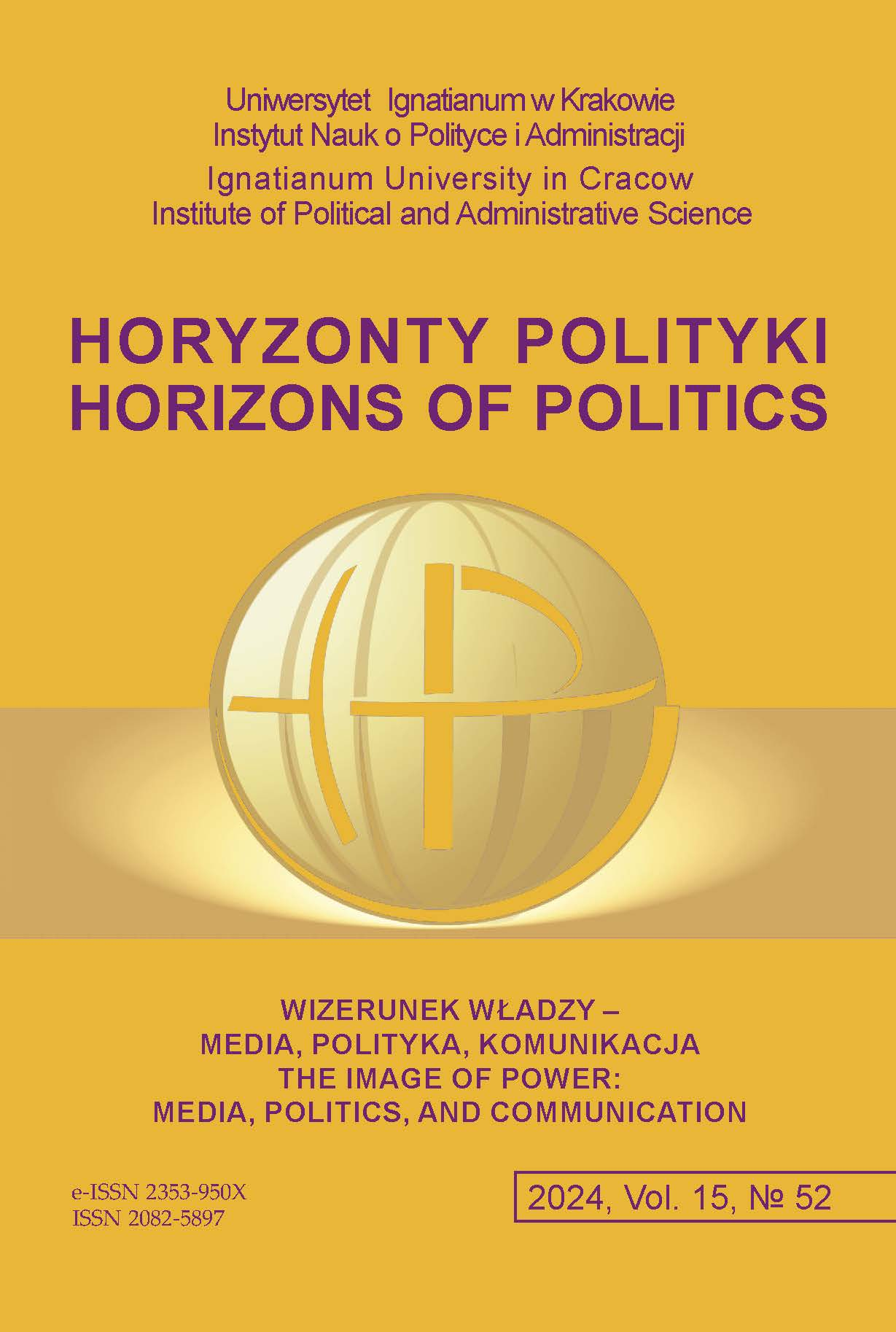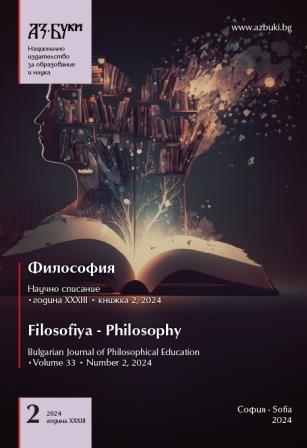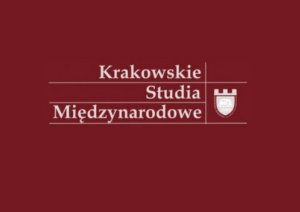
Recepcja obecności Instytutów Konfucjusza w wybranych krajach Afryki Zachodniej
The article presents current problems related to the Chinese cultural and educational activity in West Africa, developed since 2008 through Confucius Institutes. First part focuses on theoretical framework of concepts soft power and cultural diplomacy as tools of the Chinese foreign policyin West African states. Then, background and aims of establishment of Confucius Institutes wereexplained in a global, and regional, sub-Saharan context. Second part describes three main typesof reactions of Africans for Confucius Institutes in West Africa. Apart from the general tendencies,described in the literature, author refers to fi rst-hand statements of Nigerian students and lecturers from the local branches of the Confucius Institute. In the final remarks, common features of Confucianismand African values with contribute to „sino-optimistic” attitude where highlighted. They result in enthusiastic reception of the educational/propaganda offer of the Confucius Institutes inAfrica.
More...

